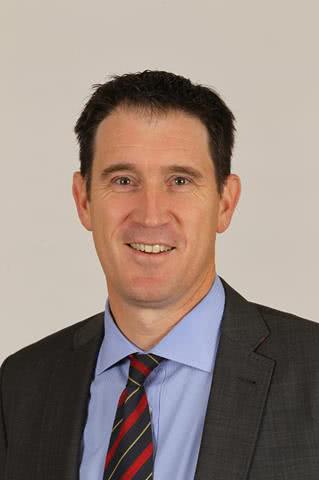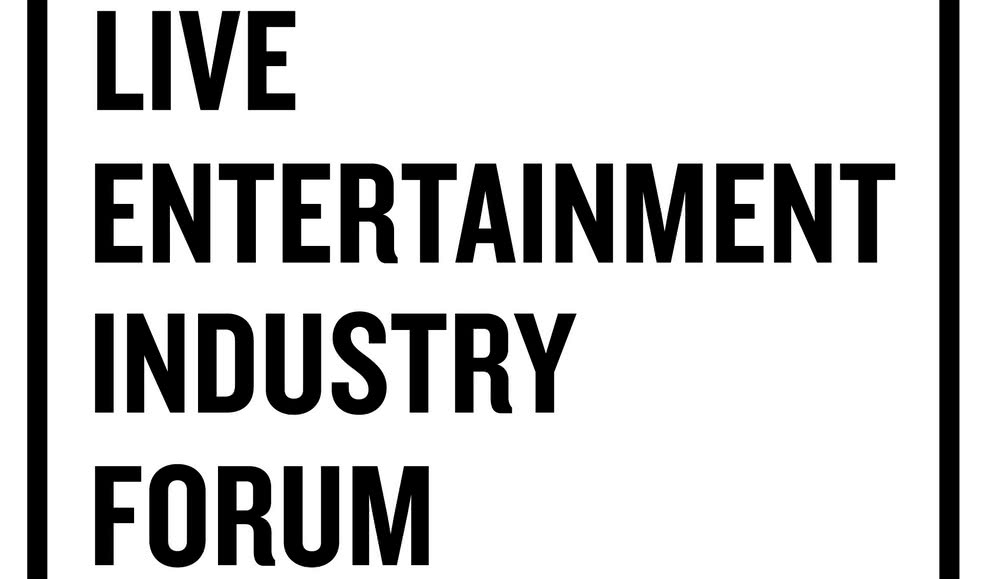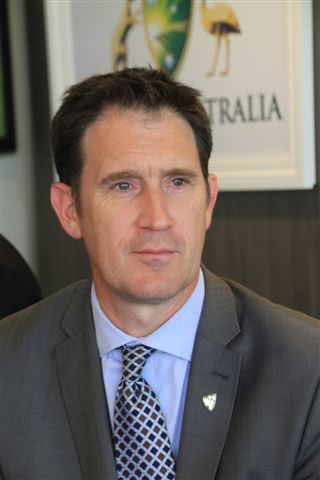Reopening venues and the music industry’s fierce resolve

Live music and sports have much in common. Huge, loyal fan bases. Massive numbers of participants. Their stars are on pedestals few of us will climb. And both industries, right now, are in tatters.
Your favourite bands and athletes have been waiting patiently on the sidelines since social-distancing became the rule back in March. The rest of us onlookers are desperate for some action.
It’s coming.
With the announcement of COVIDsafe live music gigs in Brisbane next month and across New South Wales in November, and prime minister Scott Morrison’s pledge to unwind some restrictions, live music and games are on the way.
But first, a plan. In a rare show of solidarity, the wider worlds of sport and live music have come together to lay down the roadwork, to ensure events and venues are ready to reopen in a post-COVID-19 world. And stay open.
Announced June 9, the Live Entertainment Industry Forum (LEIF) assembles with a mission to reactivate concerts, sports and events, and to get it right.
Former Cricket Australia chief executive James Sutherland is tasked with chairing the forum, which will put in place a strategic plan, including best practices, for restarting live music entertainment.
At CA, Sutherland was one of the highest-profile sports administrators in the country.

James Sutherland
Leading Australia’s summer sport is surely one of the more difficult games to navigate, one that plays across politics, media, stakeholders and fans.
“We’ve got a common objective. It happens rarely in business life that an entire business has a single objective to be united behind,” comments Roger Field, CEO of Live Nation Australasia and a LEIF Executive Committee Member.
“Being able to secure someone of James’ experience and caliber,” he continues, “is fantastic for us.”
TIO caught up with Sutherland to survey the live music playing field as Australia prepares for phase 3 of the coronavirus rulebook.
TIO: We’re still a long way from life returning to normal, but we’re seeing the announcement of gigs down the line. It’s a critical time for the industry to make a solid plan.
It feels as though it’s a long haul. That’s part of the reflection of the executive of this industry group. We just want to make sure we do everything that we can to keep things moving.
The restrictions around international borders and mass gatherings are maybe two of the last things that change or get back to some sort of normality. The consciousness around that has predicated the foundation of the forum and the industry working together in this way.
The group is made up of major venues, promoters, ticket agents. With the industry on its knees, they’ve identified the need to come together and to find a way through together.
Some are competitors in ordinary circumstances, but today they’re pooling their resources and getting a total focus on how we can bring the crowds back.
So, with LEIF you’re building a roadmap for the post-COVID-19 era.
That’s right, we’ve set up a collective of industry experts. We’ve established 10 different functional working groups. The roadmap is a good way of putting it, a foundation document that sets out some of the principles and standard guidelines that allow us to build confidence about what a COVIDSafe environment is.
Obviously, biosecurity plans are going to be necessary on a venue-by-venue and event-by-event basis. All of those things, we’re getting stuck into.
The other qualification with all that is, we sort of know where we’re going, we just don’t know the path that we’re on. Everything changes regularly with the virus and some of the restrictions.
We’re just hoping we can take whatever path it is to make it easier for venues to get back, open the doors, get fans back and obviously get jobs back as well.

LEIF
What’s the first order of business?
The focus of the executive is on larger scale events. But at the same time the executive felt it was really important for broader industry groups to be represented.
We’ll also see if we can get things right at scale, at larger scale around bigger venues, and sport will probably be the first cab off the rank. It will pave the way for others in the industry sooner rather than later.
I’ve spent the last few weeks to establish these working groups and this foundation document, and with that it’s opening-up the lines of communication with government.
We want to impress on them our desire to collaborate and work together to understand what the hurdles and obstacles are and what we need to do to respond and be flexible. And get the fans back, get the jobs back. And open up the industry again.
NZ currently has no coronavirus cases. The last person infected has recovered. That’s a good story which I’m sure you’re following (the military has since brought in two new cases).
It brings a lot of hope for us. There is, as I understand, plans to open-up the stadiums to basically be business as usual. There will be some digital tracing for people who come to those stadiums.
We’ll learn a lot from that. We’re certainly be sharing information with our NZ colleagues. They’re a little bit ahead of us with the virus but hopefully (Australia’s) numbers are continuing on rapid decline.
That only brings forward some sort of normality and opens the doors and get fans back into our venues.
LPA recently proposed a $345 million revival plan to government last week. Will LEIF also advocate for that?
Right now, very much our strategic focus and energy is all directed on finding the best path to returning fans to our events. There’s 175,000 people who are employed through our industries. Many of those are furloughed and many have lost their jobs in the process. That is the principle focus right now.
There’s JobKeeper allowances that are in place through to September, for those that qualify. If there continues to be restrictions that impede our industry beyond that, then I guess that’s something the executive will look at.
At this stage, our primary focus is how we build confidence to develop a COVIDsafe environment for our events and venues.

LEIF
You had one of the tougher jobs in sports administration, looking after Cricket Australia. There’s more brickbats than bouquets in a gig like that, I imagine. Now you’re working with the music industry. They’re a different breed of cats. You’ve Frontier Touring and Live Nation involved. They’re serious rivals. Do you feel you’re pretty well equipped to deal with these interesting characters?
Yeah, so far all I’ve seen is goodwill and fierce resolve to come together as an industry. I like what I see and I like what I hear so far from everyone. Everyone is really hurting, everyone is extremely conscious of the impact on jobs throughout the industry. So far, so good.
We don’t in any way underestimate the challenges ahead.
In my role, from what I’ve seen so far, I’ve been buoyed by the enthusiasm of the leaders to work together. Also, in those working groups, people have put their hand up from all over the country to be involved to do their best, to help the industry get back up and going again.

James Sutherland
Is this a temporary organisation? Will it be disbanded once we get through the health crisis? Is this like the Avengers, where you reassemble when the time comes?
It’s probably a matter for the executive more than it is for me. They’ve asked me to come in and help convene the forum through this time. Let’s see how it goes.
If it’s successful and there are other things that are in the interest of the industry, then things may develop from there.
From my point of view, the focus and all of our attention needs to be on getting the gates open and getting people in, getting the jobs back and bringing the industry back.
Final question… when did you last have a bowl?
(Laughs). I have three kids who are very keen cricketers, so I do roll the arm over with them. I’m coming to the conclusion that I’m a complete has-been now. I’m probably the worst cricketer in our house.
This article originally appeared on The Industry Observer, which is now part of The Music Network.






























